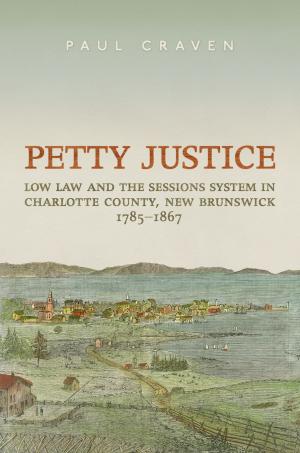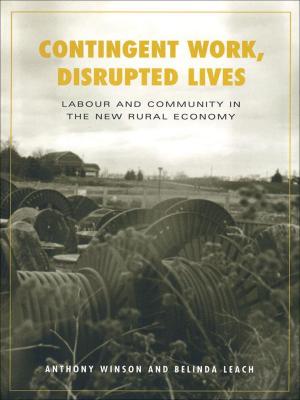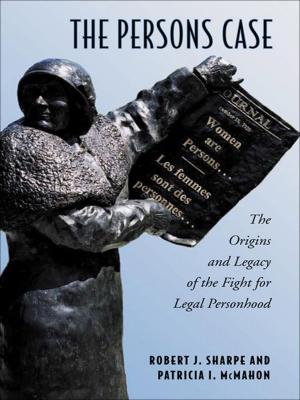Who Owns Domestic Abuse?
The Local Politics of a Social Problem
Nonfiction, Social & Cultural Studies, Social Science, Social Work, Gender Studies, Women&, Sociology| Author: | Ruth Mann | ISBN: | 9781442638631 |
| Publisher: | University of Toronto Press, Scholarly Publishing Division | Publication: | March 18, 2000 |
| Imprint: | Language: | English |
| Author: | Ruth Mann |
| ISBN: | 9781442638631 |
| Publisher: | University of Toronto Press, Scholarly Publishing Division |
| Publication: | March 18, 2000 |
| Imprint: | |
| Language: | English |
With the knowledge and sensitivity of a teacher and counsellor, Ruth M. Mann details a community effort to establish a shelter for abused women in a small Ontario municipality. While other literature presents the ostensibly cohesive views of particular interest groups on the issue of domestic violence, Mann exposes the conflicts that actually occur, and the ways these conflicts fuel unintended outcomes. In Who Owns Domestic Abuse? The Local Politics of a Social Problem, the author ventures bravely into the politically charged debate over the definition of abuse, and emphasizes the fact that 'owning' a problem does not ensure the possession of viable answers. Rather than promoting a particular response to such problems, Mann uses personal accounts of abuse to make a space for the diverse perspectives of abused women and abusive men. She urges activists and intervenors to argue less and listen more.
With the knowledge and sensitivity of a teacher and counsellor, Ruth M. Mann details a community effort to establish a shelter for abused women in a small Ontario municipality. While other literature presents the ostensibly cohesive views of particular interest groups on the issue of domestic violence, Mann exposes the conflicts that actually occur, and the ways these conflicts fuel unintended outcomes. In Who Owns Domestic Abuse? The Local Politics of a Social Problem, the author ventures bravely into the politically charged debate over the definition of abuse, and emphasizes the fact that 'owning' a problem does not ensure the possession of viable answers. Rather than promoting a particular response to such problems, Mann uses personal accounts of abuse to make a space for the diverse perspectives of abused women and abusive men. She urges activists and intervenors to argue less and listen more.















